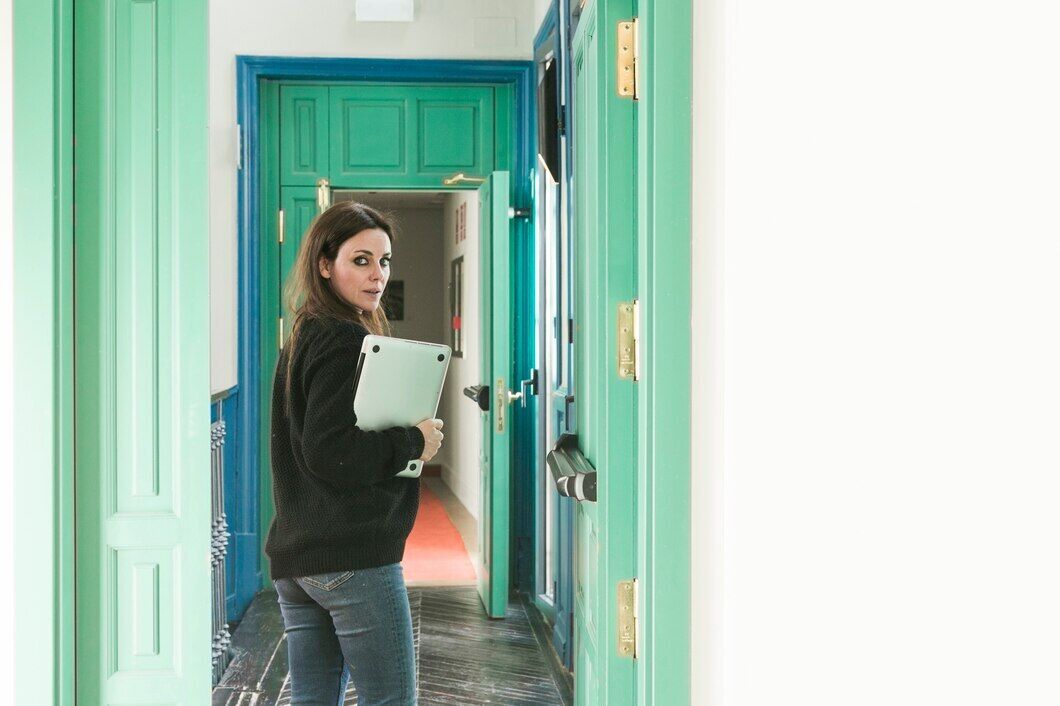News
The "doorway effect": why we forget what we wanted to do when we enter a room
Sometimes it happens that when we enter a room, we forget what we wanted to do. Psychologists explain this as the "doorway effect."
For years, scientists have tried to explain and test this strange memory behavior. The "doorway effect" suggests that we tend to forget recently important things if we cross a certain threshold, such as a doorway, writes IflScience.
In a 2011 study, a group of researchers from the University of Notre Dame studied the "doorway effect" by having experiment participants carry objects through a virtual or real environment.
The results showed that people are more likely to forget information after they walk through a door than after they simply walk across the room, even if they thought about the information a few minutes ago, experts say.
According to the researchers, this demonstrates how our brains segment experiences into separate events, called the "event horizon model." This is useful for organizing memories but can lead to short-term forgetfulness.
That is, the brain stores memories in the form of fragments or episodes, rather than as continuous events. Crossing the border forces the brain to update the event model of this space, which can lead to a loss of information for objects related to previous events, scientists explain.
"Entering or leaving through a door serves as an 'event boundary' in the mind that separates episodes of activity and records them. It is difficult to recall decisions or actions that were made in another room because they were separated," explained Gabriel Radwanski, co-author of the study and professor of psychology at the University of Notre Dame.
In another 2014 study, researchers found that the "doorway effect" doesn't even require a real door. You just have to imagine that you are walking through a door to get this effect. According to the authors of the study, this shows that the event horizon model works even for imaginary spaces.
However, recent studies have argued that while the "door effect" is real, it does not always occur consistently in all contexts and not for every person.
A 2021 study involved people wearing virtual reality headsets and moving through different rooms in a virtual environment. Participants had to memorize objects on tables in each room and then move to another table.
Interestingly, the table was located in another room, which participants entered through a virtual sliding door. In this first experiment, the doorways did not actually affect memory.
In the second experiment, participants had to perform this memorization task while simultaneously performing counting tasks. The test was to find out whether the increased pressure affected their memory.
According to the scientists, in the second experiment, the doorway effect was triggered more often. That is, the counting task overloaded people's memory, making them more susceptible to the "doorway effect."
The authors of the study also argue that since their virtual rooms were essentially identical, the memory problem is not so much caused by moving through the door as by changes in context.
And if you add to this the pressure of an overloaded mind, there will be more chances of short-term forgetfulness, experts say.
Only verified information is available on the OBOZ.UA Telegram channel and Viber. Do not fall for fakes






























